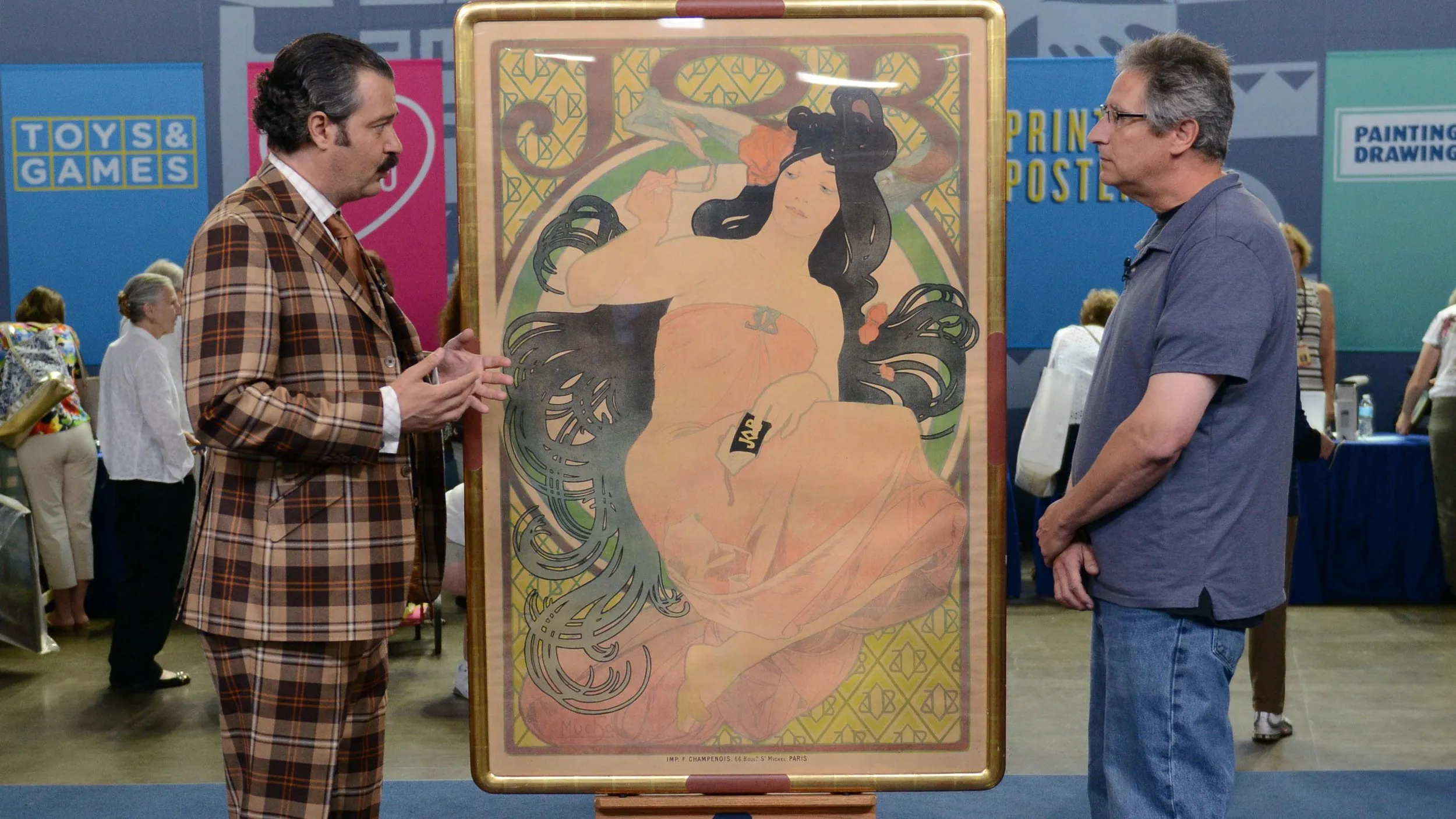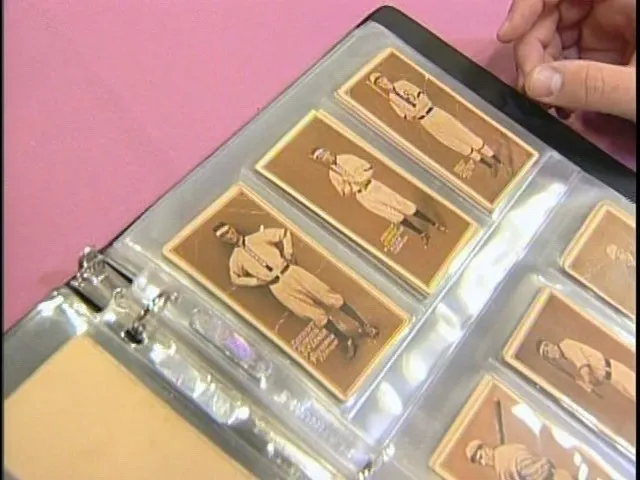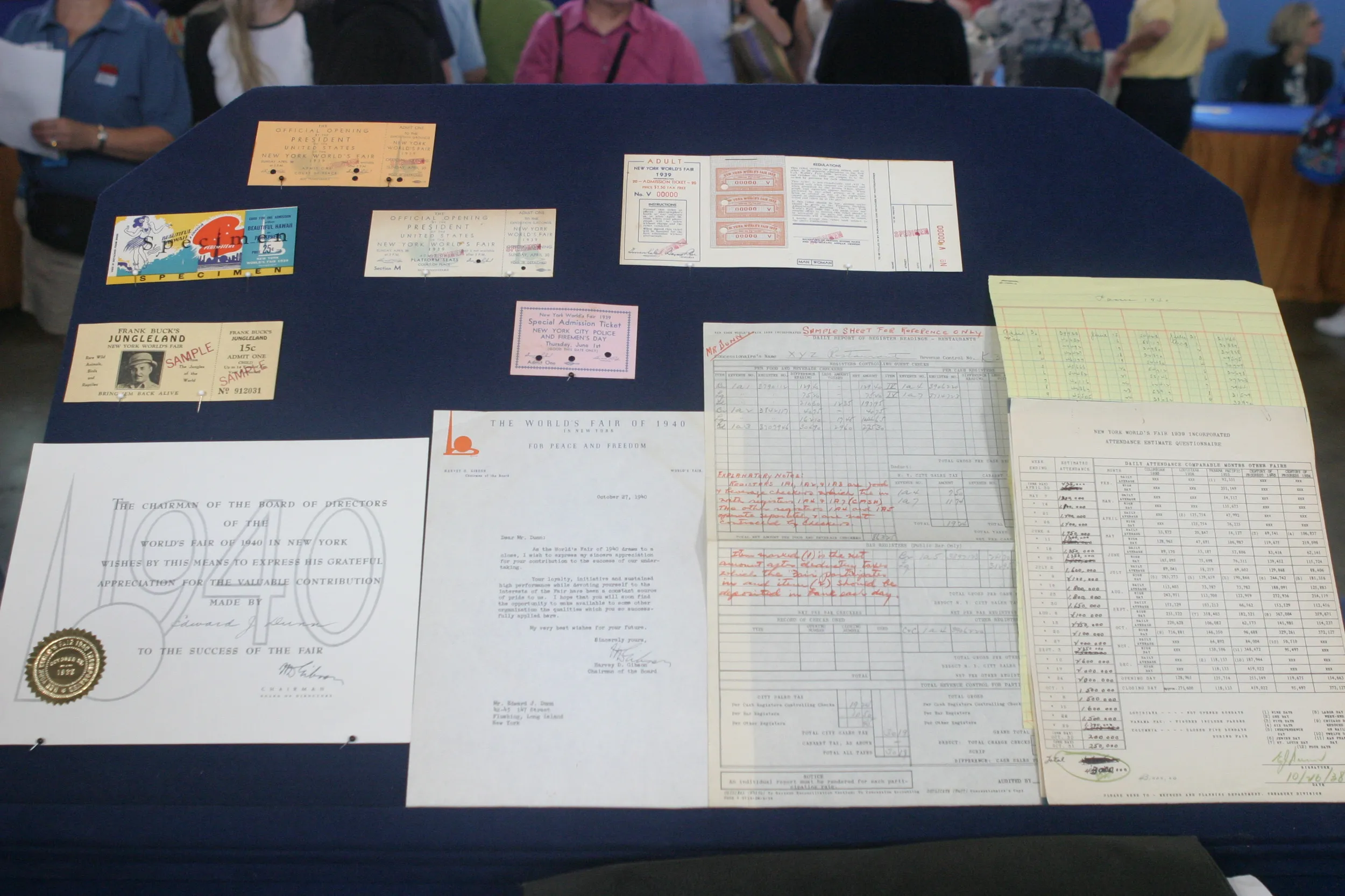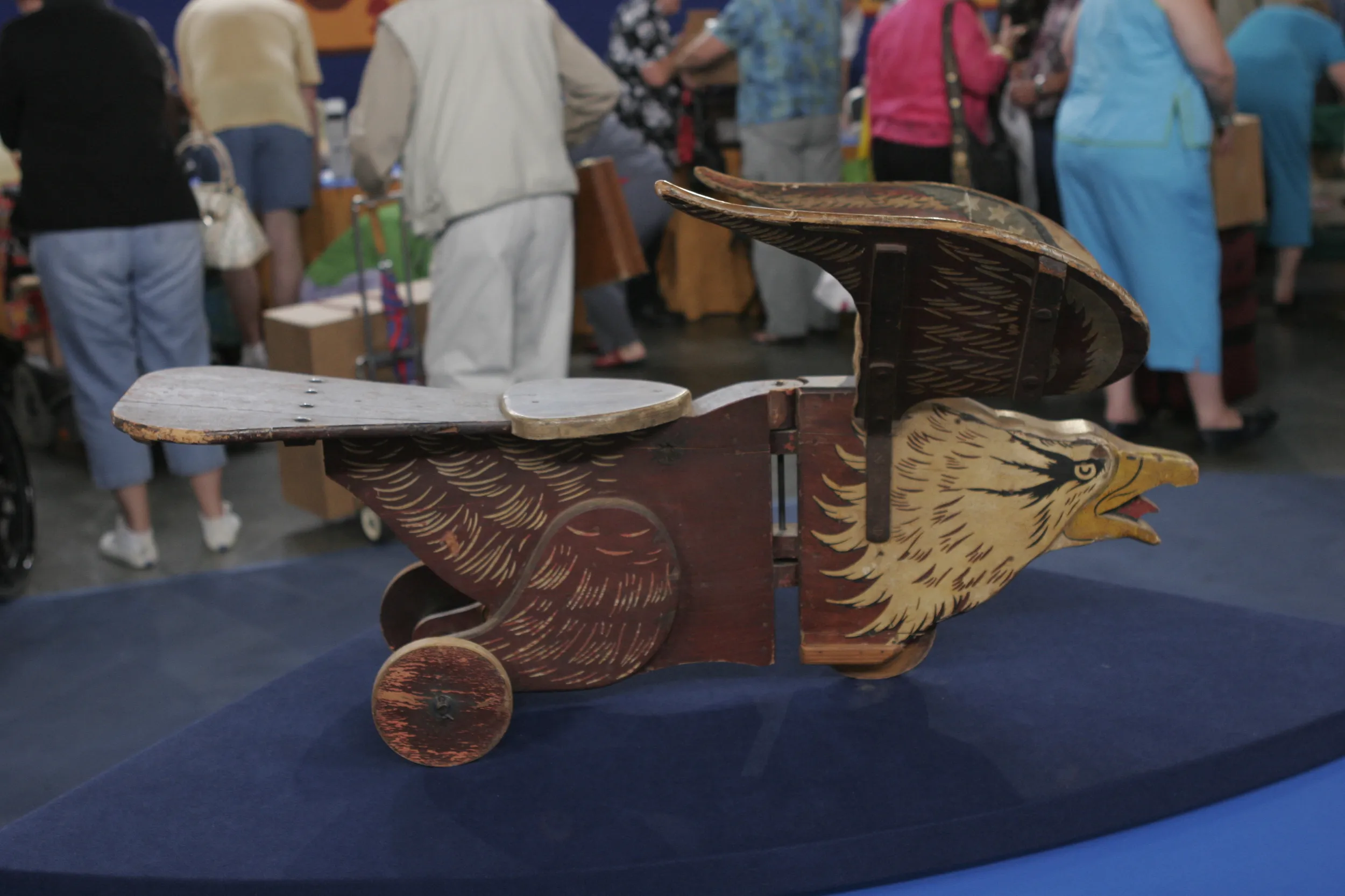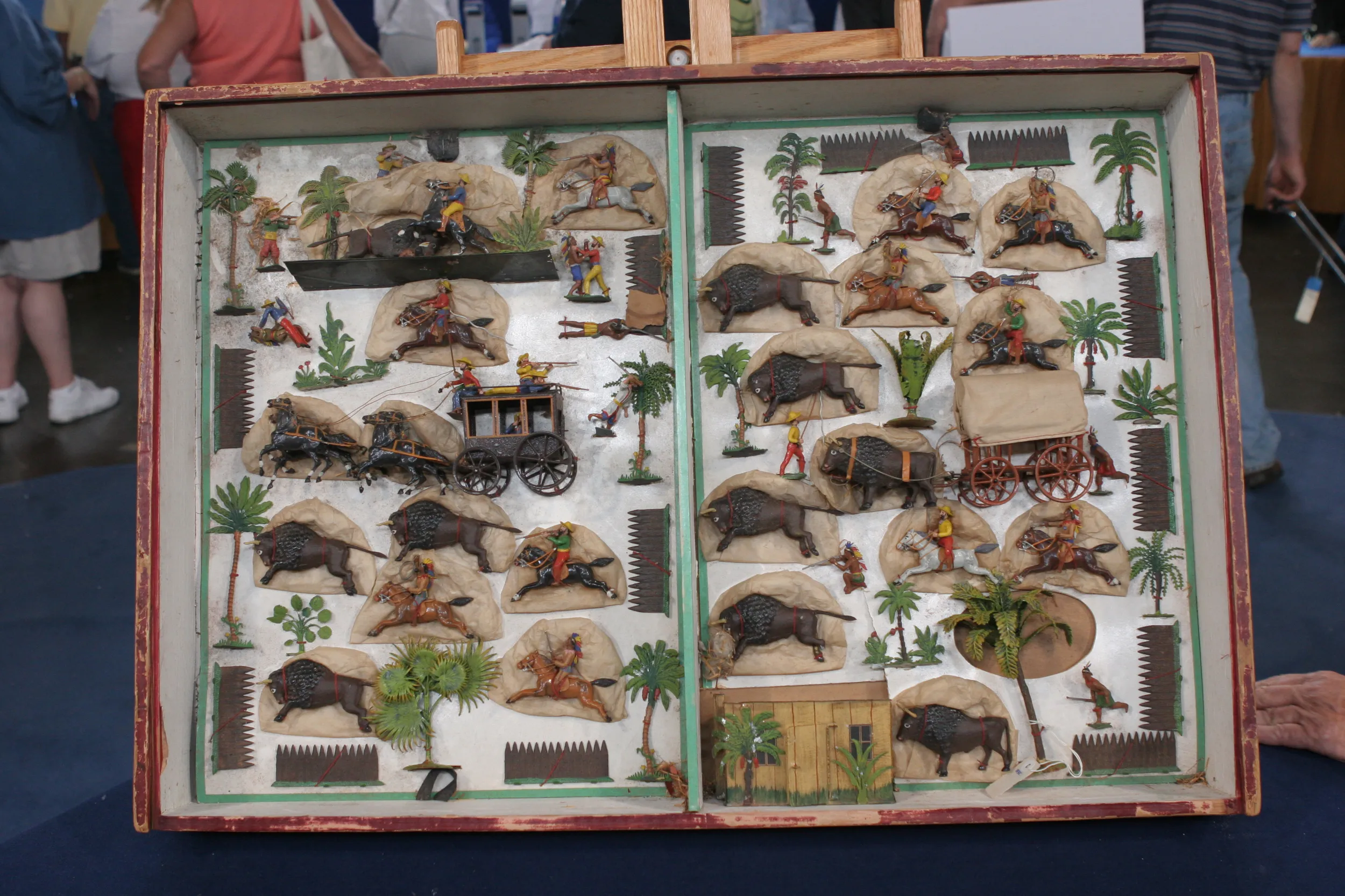APPRAISER: You've brought in this great baseball, and I see it's signed "from Ty Cobb" here, "Ty Cobb" there. And an interesting date here. It appears to me to be 7, I think 9, 1961. Exactly-- 55 years ago today. Where has this baseball been hiding since 1961?
GUEST: In 1961, it was in my mother's hall closet.
APPRAISER: Okay.
GUEST: In a brown paper lunch sack. And then in 1986, it got put in a plastic ball carrier and put in a closet for another 20 years. And then I got it, and it got in a crock pot until we found it, and I decided to bring it to the Roadshow.
APPRAISER: How did your mom get it?
GUEST: My mother was a private-duty nurse at Emory University Hospital in 1961, and she was Ty Cobb's private-duty nurse in the last month of his life. He went in in June, and then he passed away July 17 of 1961.
APPRAISER: So what did she think of taking care of him?
GUEST: Well, she didn't say much, except that he was an ornery patient.
APPRAISER: (chuckling)
GUEST: My mom was a nurse in the Army during World War II.
APPRAISER: So after dealing with all these soldiers, dealing with Ty Cobb couldn't have been that too far...
GUEST: No, he was just ornery. And she could deal with him. And, apparently, he could deal with her, because she was pretty ornery, too.
APPRAISER: So they were a match made in...
GUEST: They were a match.
APPRAISER: So Ty Cobb had this phenomenal career with the Detroit Tigers, and he still holds records today in Major League Baseball, even after retiring after the 1928 season. He played his last two seasons with the Philadelphia As, the preceding years with the Detroit Tigers. And he's considered probably by many one of the top three to five baseball players of all time. He has the highest career batting average, which, depending on who you ask, is .366 or .367. He's won the most batting titles ever, again, depending on who you ask, 11 or 12. He was a very wealthy man when he passed away in 1961.
GUEST: Right.
APPRAISER: He's been known by many to be baseball's first millionaire player. And do you know how he got his money?
GUEST: Coca-Cola stock.
APPRAISER: Right. Because he was from Georgia, and also General Motors stock, because he played in Detroit. And he gave away a lot of money in college scholarships to kids. So his legacy has lived on well past his passing at 74 in 1961. The writing is in green. Normally, it's in blue or black ink, occasionally red. But Ty Cobb signed predominantly in green.
GUEST: Oh, really?
APPRAISER: His signature's not necessarily the rarest, but it's one of the most desirable, given his position as one of baseball's top players.
GUEST: That's fantastic.
APPRAISER: Now, the other mystery that we may never solve here is why did he sign it twice-- Ty Cobb and Ty Cobb? We may never know. But he did, and that's actually to your benefit. I would place an auction estimate of $15,000 to $20,000.
GUEST: Oh, my. (laughs) I thought no way. Because I can see my mother going by the local shop and picking up a ball and saying, "Here, sign this one," you know? And the fact that he passed on eight days later, it just, you know, is amazing. Oh, my. That's crazy.
APPRAISER: It would be $25,000 for insurance value.
GUEST: Okay. Oh, I'm going to have to call the insurance agency when I get home.
APPRAISER: So what did you think it was worth?
GUEST: About $1,800.

